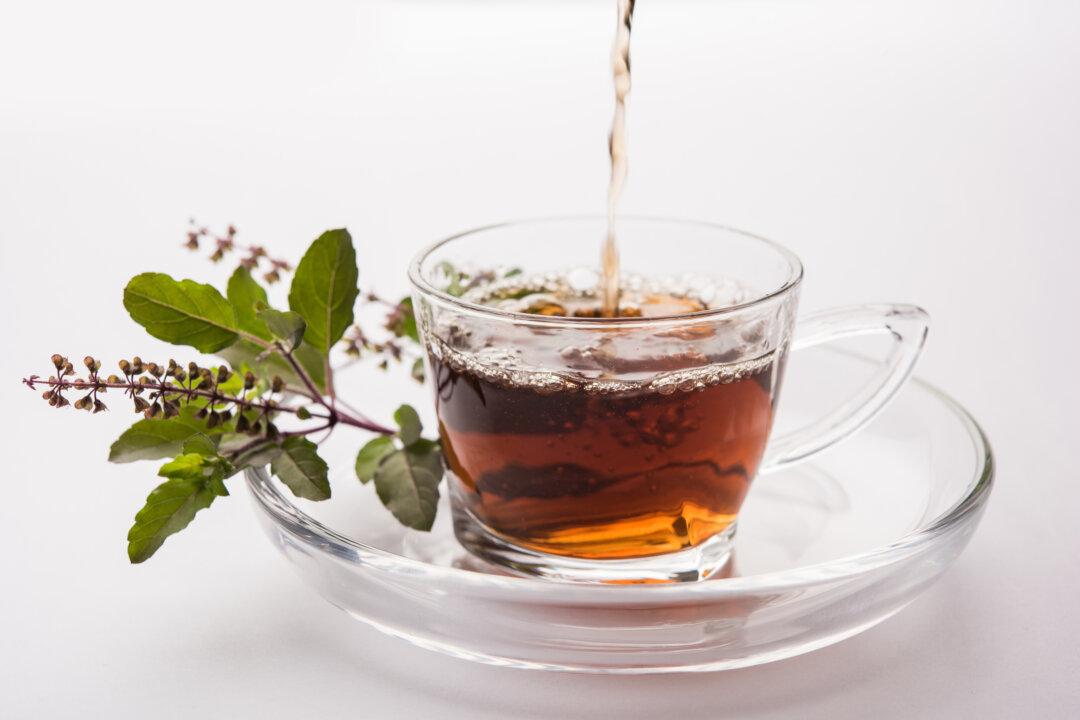From fighting bad breath or gum disease without the use of chemical mouthwash to pushing glucose levels down, holy basil -- also known as tulsi -- can be your powerful tool for great health
Holy basil, also known as tulsi, is an aromatic herb that is widely celebrated in India within Ayurvedic medicine. According to the ancient wellness system, it’s an “elixir of life” for its many flexible health uses and benefits. In the modern world, holy basil is an “herb for all reasons” for its ability to address physical, chemical, metabolic and psychological stress via a range of pharmacological actions.





